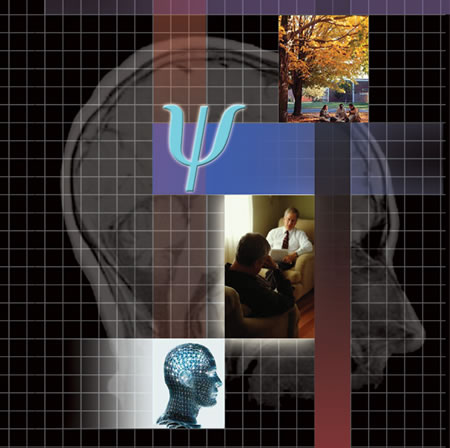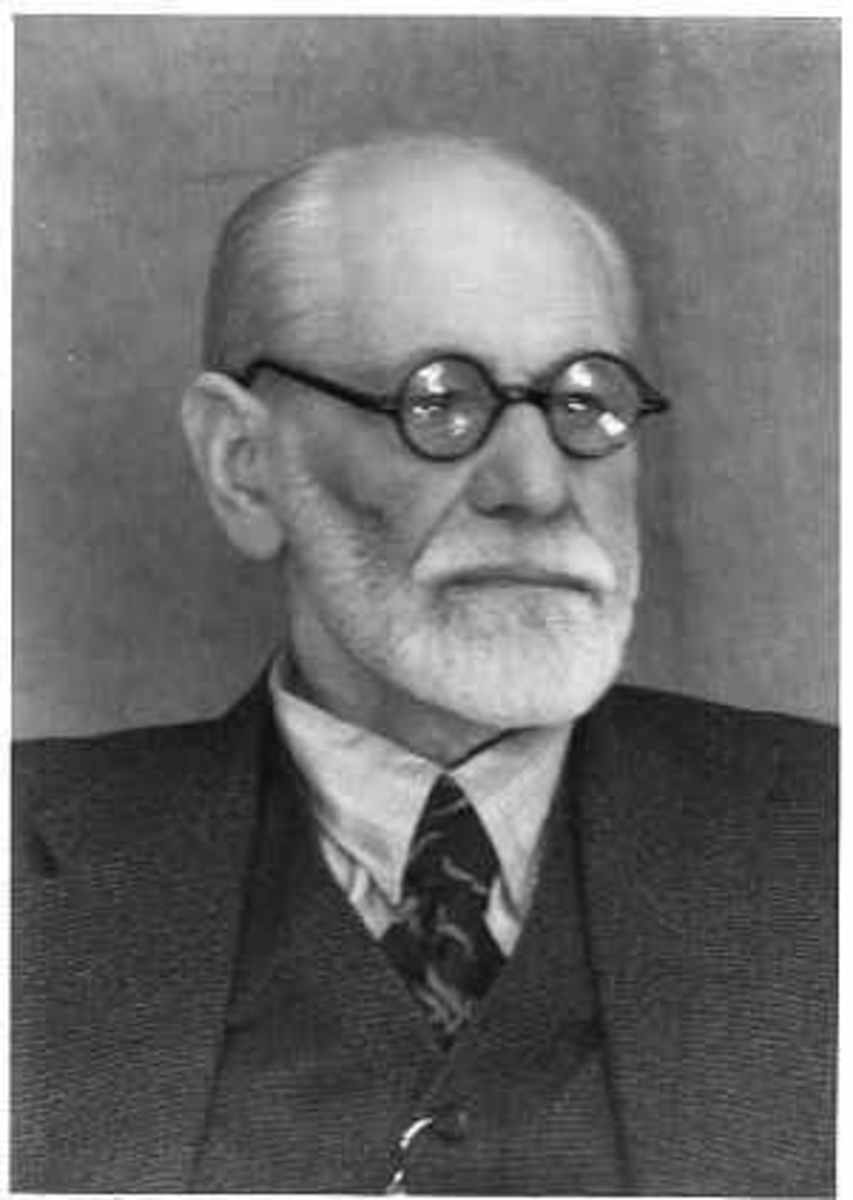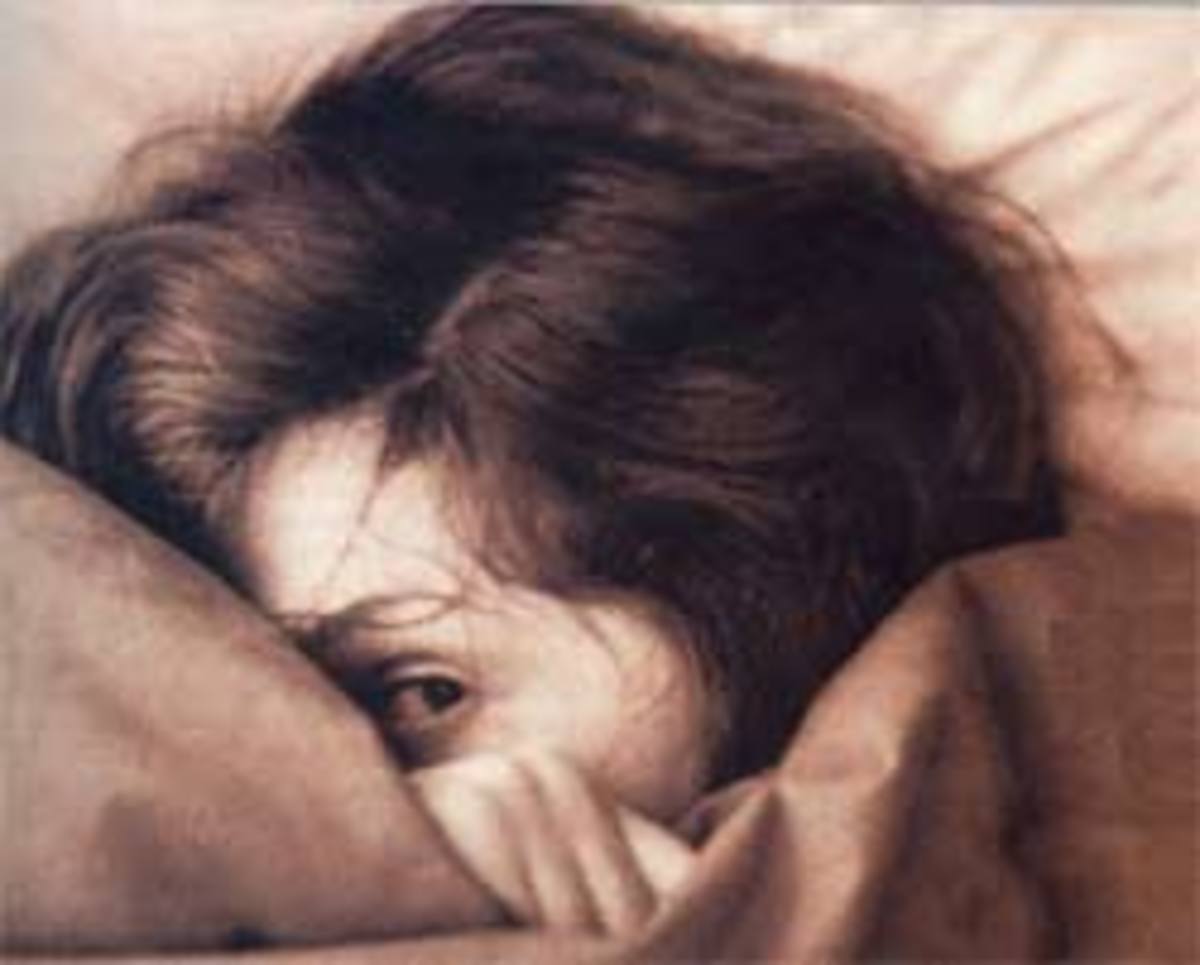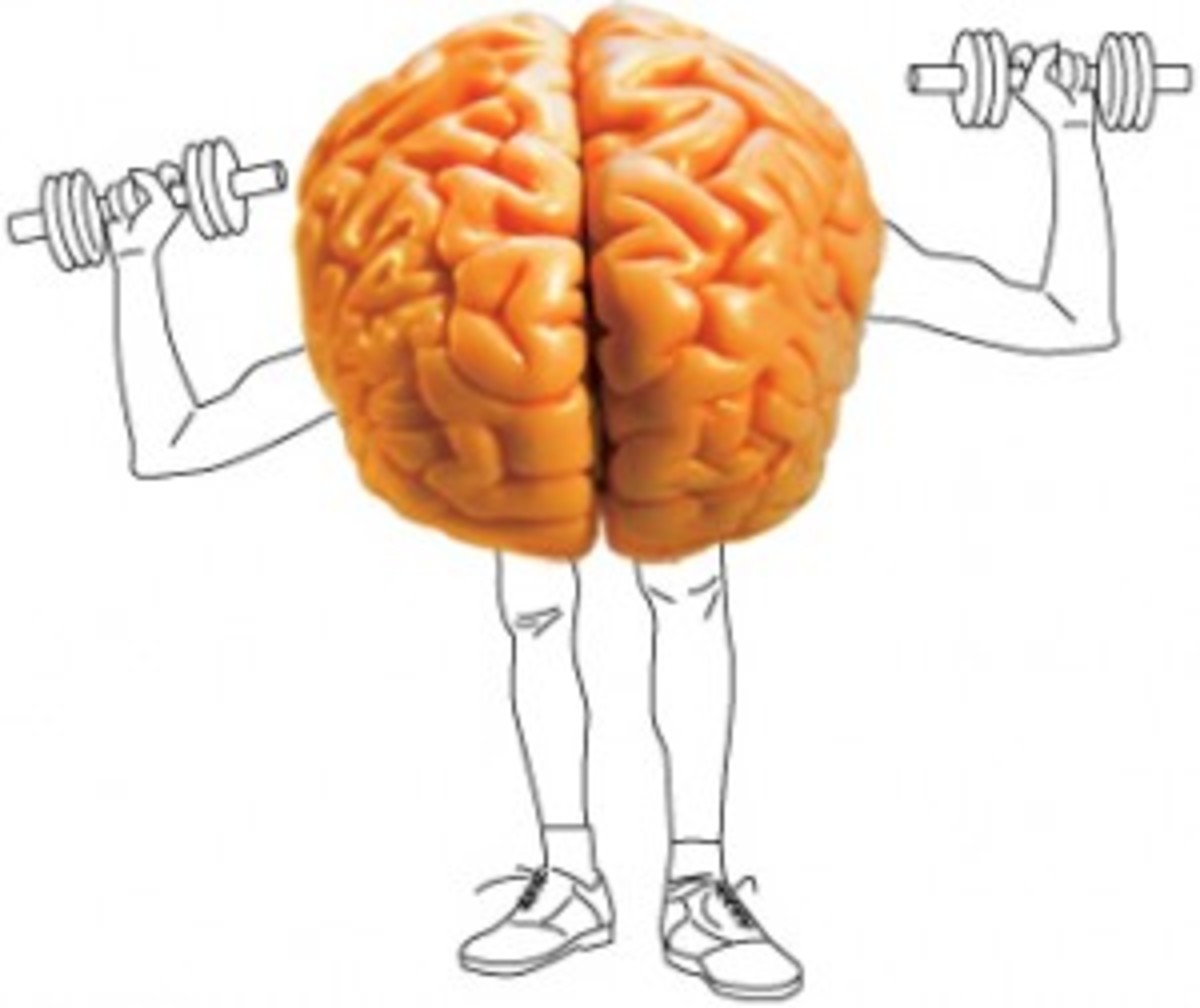Mental Health Professionals - Degrees & Scope of Practice

Whether you are you looking for counseling or considering a career in psychology, it can be difficult to tell exactly which professionals provide which services. When a therapist's business card reads "MSW," what is that person qualified to do, exactly? What degrees does someone need to be a clinical psychologist? Inform yourself. Find out the precise difference between a licensed professional counselor and a counseling psychologist. From highest level of education and on downwards, the main categories of mental health professionals and their scope of practice can all be found below.
A psychiatrist has achieved a medical degree (M.D. or O.D.), as well as completed a residency in psychiatry, and is qualified to provide psychotherapy, as well as prescribe medication and hospitalize patients for serious psychological disorders.
A psychoanalyst possesses an M.D., Ph.D., or Psy.D., with additional specific training in psychoanalysis, a branch of psychology founded by Sigmund Freud and highly influenced by the work of Carl Jung. Psychoanalysts practice a particular kind of therapy that is not necessarily well-suited to all clients, so before choosing to receive treatment from one, further reading on the theories surrounding psychoanalysis is recommended.
A clinical psychologist has a Ph.D. or Psy.D., and has successfully completed an internship in clinical psychology. Clinical psychologists are qualified to diagnose and treat psychological disorders and perform psychological testing. In some cases, after additional training, they may prescribe drugs in some medical settings.
A counseling psychologist has either a Ph.D. or an Ed.D., with an internship in counseling psychology. Like a clinical psychologist, a counseling psychologist can perform psychological testing. In addition, he or she may assess and provide therapy for the normal problems of life.
A school psychologist may have a Ph.D., an Ed.D., or a master's degree, in addition to an internship in school psychology. Along with psychological testing, a school psychologist can assess and treat school (and other related) problems in children and adolescents.
A social worker must have at least a master's degree (M.S.W.), and may have done additional course work and training to pass accreditation tests as an L.C.S.W., or licensed clinical social worker. These professionals may diagnose and treat psychological disorders, and are often instrumental in helping individuals identify community services that may provide ongoing support. They often work in conjunction with institutions such as hospitals.
A licensed professional counselor (L.P.C.) also has a master's degree, as does a marriage and family therapist (M.F.T.), but these professionals emphasize private practice, and may specialize in relationships, day-to-day life problems, and/or psychological disorders.
A licensed chemical dependency counselor (L.C.D.C.) may have little or no post-secondary education, depending on standards which vary from state to state, and are often former addicts themselves. They may provide counseling and education for substance abuse problems, but may not diagnose or provide official treatment.
Find a Psychology School
Find A Therapist
More Hubs You Might Like
- Psychosis Vs. Neurosis - Definitions & Differences
Do you know how psychosis or neurosis are defined, on a medical level, what the signs and symptoms are, or how they are treated? Simple definitions and the differences between the two are highlighted below. - Maslow's Hierarchy of Human Needs
What is the meaning of life? The purpose of existence? How do we, as humans, find happiness here on Earth? These are the questions Maslow strove to answer with his Hierarchy of Needs. - Psychoactive Drugs: Physical Effects and Withdrawal Symptoms
Psychoactive drugs can be classed into three main categories: stimulants, depressants, and hallucinogens. The effects and withdrawal symptoms of popular drugs from each category can be found below. - How to Break Bad Habits and Effect Positive Life Change
If you're unhappy with your life, change can seem overwhelming, but changing your life for the better can be as easy enough as using behavior modification techniques to break those bad habits that lower your self esteem and increase the positive beha - The Signs And Symptoms of Eating Disorders
As many as ten million women and one million men are fighting a life-and-death battle with anorexia or bulimia every day. One out of every four anorexics will die of complications from her disease. Yet, the amount of misinformation about eating disor - The Science Behind Self-Affirmations: Proof of Their Power
While not a magic incantation, and definitely never a substitute for medical treatment, there is nothing more scientific than the process of self-affirmation to positively affect your mental health. - Theories of Emotion - What, Why & How?
Psychologists have proposed a number of theories about the origins and function of emotions. The theorists behind the dissenting views do agree on one thing, however: emotion has a biological basis.









